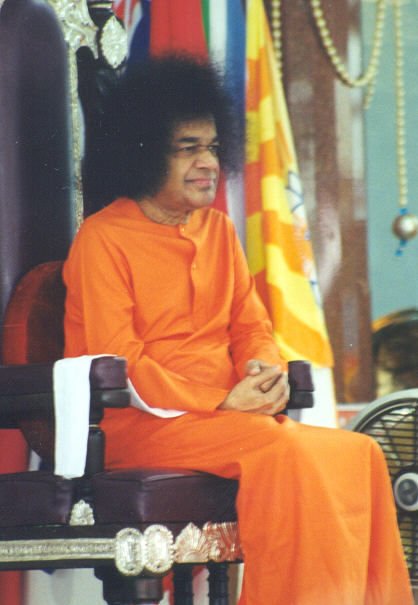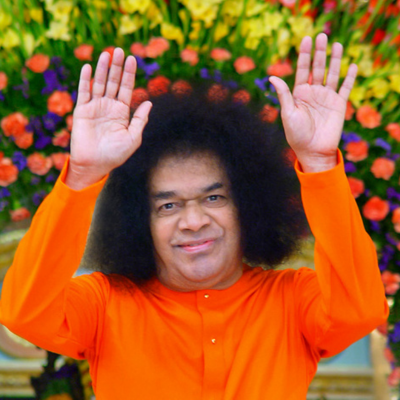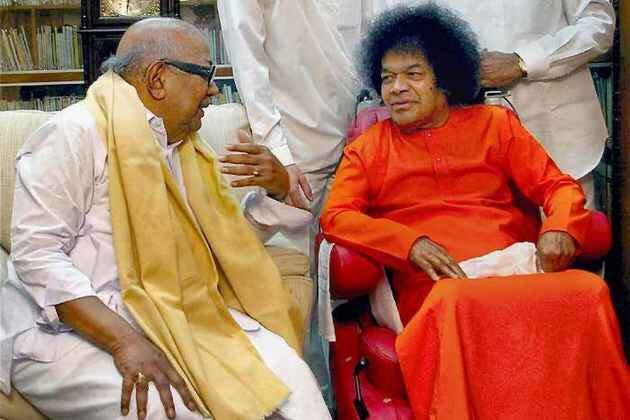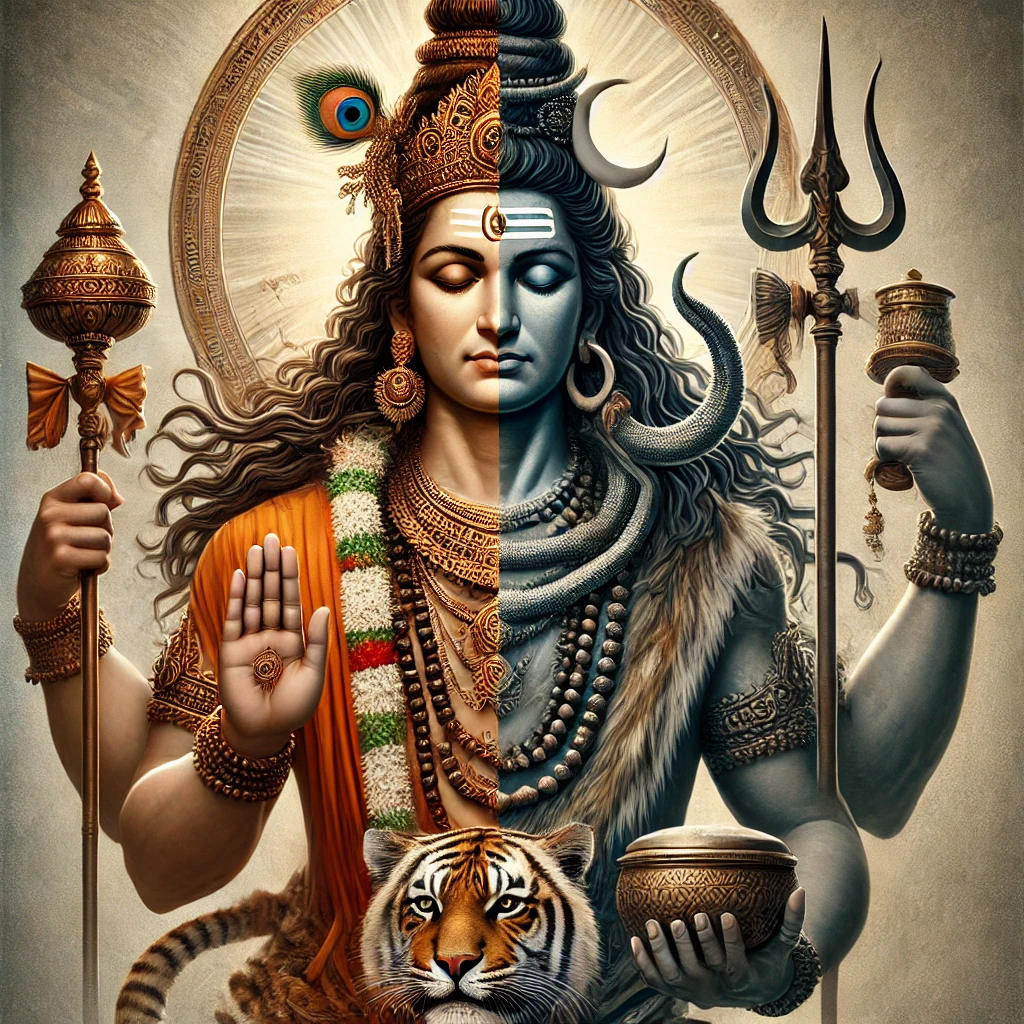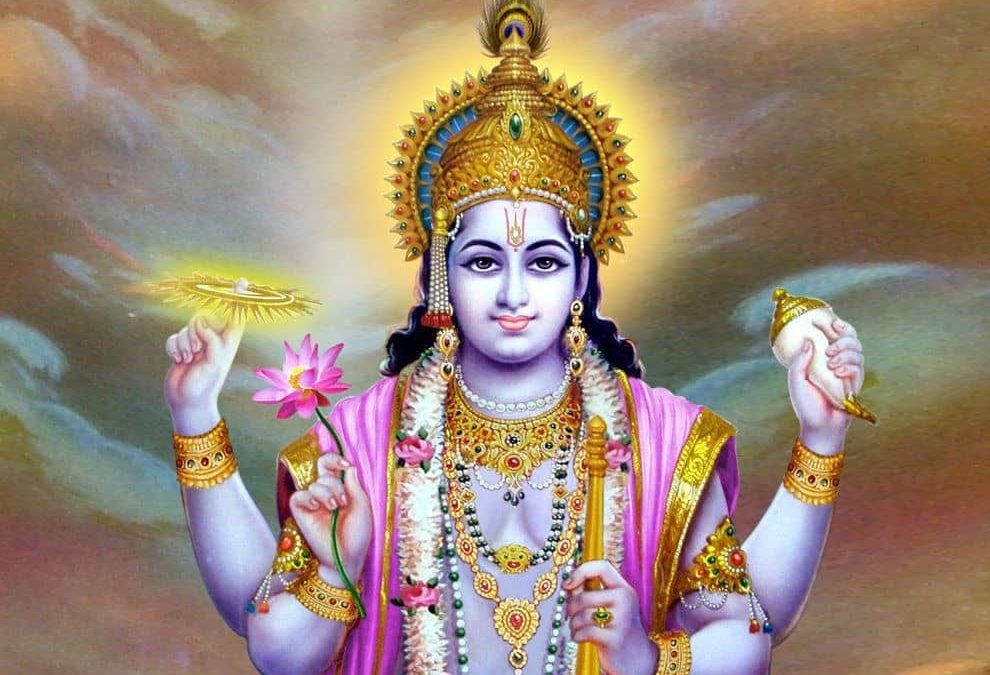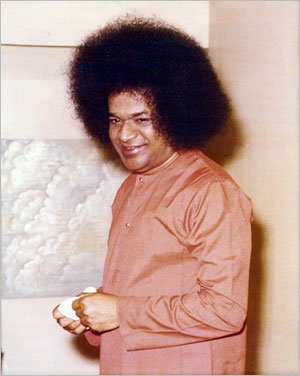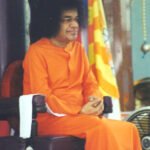Kena Upanishad
Kena Upanishad
The Kena Upanishad (केनोपनिषद्), also called the Talavakara Upanishad, is a profound philosophical text of the Sama Veda that explores the ultimate source of consciousness and existence. The word “Kena” means “by whom,” and the Upanishad opens with deep questions: “By whom is the mind directed? Who commands the breath and speech? Who is behind sight and hearing?” It teaches that all actions, thoughts, and sensory experiences are powered by a higher reality called Brahman, the eternal Self (Atman) that is beyond the reach of the senses and intellect. Through verses and a symbolic story, it humbles even the gods, showing that their powers come from Brahman alone, and reveals this truth through Uma Devi, the goddess of wisdom. The Upanishad emphasizes humility, meditation, and direct realization rather than ritualistic worship, declaring that Brahman is “the hearer of hearing, the thinker of thought, the knower of knowledge.” With just 35 mantras in four sections, the Kena Upanishad is concise yet deeply spiritual, forming the foundation of Advaita Vedanta and Jnana Yoga. It guides seekers to recognize the Self as the ultimate witness and to go beyond pride and intellectual understanding toward liberation and immortality.




